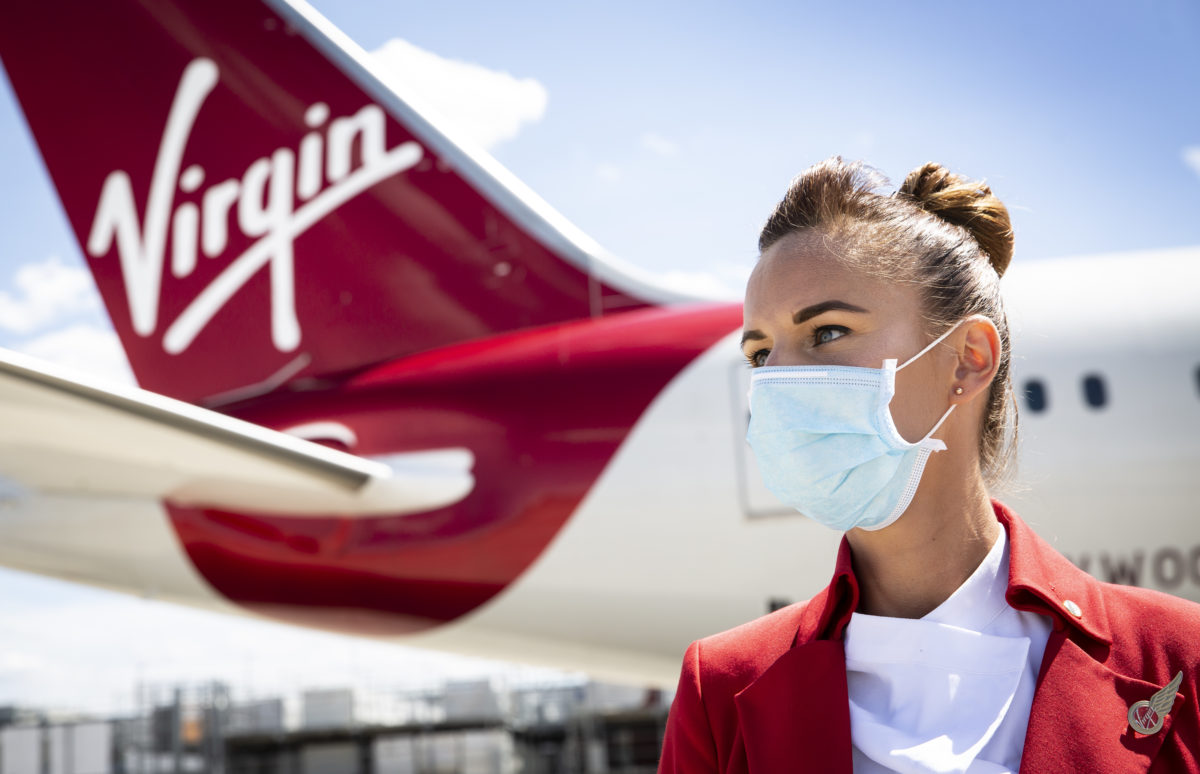
The gender pay gap for workers at Virgin Atlantic has widened to 51.6 per cent, more than a third the national average, but the airline said the pandemic and in particular, the effect of furloughing workers has heavily skewed its figures for the 2020/2021 reporting year.
The gender pay gap shouldn’t be confused with unequal pay where an employer pays a man more for doing the same job as a woman – a practice that is against the law in the United Kingdom.
According to the Equality and Human Rights Commission, the gender pay gap is the difference in average pay between men and women in the workforce. Businesses with more than 250 employees are required to calculate and publish their gender pay gap every year in an effort to drive the gap down.
Although the government can’t take any action to force businesses to reduce their gender pay gap, it’s hoped that by bringing attention to the issue, companies will take measures to “demonstrate their commitment to gender equality” according to Baroness Kishwer Falkner, chair of the commission.
Matthew Fell, policy director for the CBI, however, warned that furlough could have a “significant impact” on pay gap data for 2021 because the pay of furloughed workers was not used as part of the median pay gap calculations.
Virgin Atlantic reported a median difference in hourly pay between men and women of 51.6 per cent compared to just 17.3 per cent reported by easyJet and 37 per cent at British Airways.
Only Ryanair had a worse gender pay gap at over 68 per cent. The UK average is just 15 per cent.
Female employees account for more than 75 per cent of Virgin Atlantic’s lowest-paid workers, compared to 56 per cent at easyJet and 43.5 per cent at British Airways.
The aviation industry has traditionally had a wider than average gender pay gap – one of the primary reasons is because the vast majority of highly paid pilots are male, while poorly paid cabin crew who make up a large proportion of airline workers are predominantly female.
C-suite jobs within the airline industry also remain predominantly controlled by men
“The results of the last two years have been heavily skewed by the impact of the global pandemic and don’t reflect the full picture,” commented Virgin Atlantic’s chief people officer, Estelle Hollingsworth.
“2020 was an unprecedented year, particularly for the aviation sector and it’s the uniqueness of events brought about by the global pandemic that have had a strong bearing on this year’s results. Whilst the pay gap outlined is higher than we’d like it to be, the figure only encapsulates 17% of our people and is a disproportionate snapshot,” Hollingsworth continued.
Hollingsworth says Virgin Atlantic remains committed to promoting diversity and gender equality including targeting a 50:50 split of men and women in leadership positions.
Some initiatives have, however, been more successful than others. An internal programme that helps female employees “develop clear pathways into more senior roles” has only attracted 220 workers so far and of those only 21 per cent went on to experience career progression.
Virgin Atlantic also said it had set itself an “ambition” to pay men the same amount of money as women after birth or adoption of a child but it couldn’t say exactly when this would be introduced.
In the longer term, Virgin Atlantic says it is taking action to develop gender equality in traditionally male-dominated STEM careers – science, technology, engineering and maths. The project to encourage girls to pursue careers in engineering and as pilots could, however, take years to pay dividends.
Mateusz Maszczynski honed his skills as an international flight attendant at the most prominent airline in the Middle East and has been flying ever since... most recently for a well known European airline. Matt is passionate about the aviation industry and has become an expert in passenger experience and human-centric stories. Always keeping an ear close to the ground, Matt's industry insights, analysis and news coverage is frequently relied upon by some of the biggest names in journalism.








How come nobody’s ever fighting to close the gender gap in, say, garbage collecting?